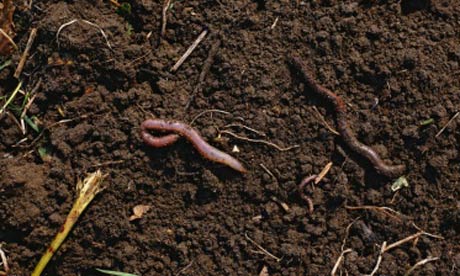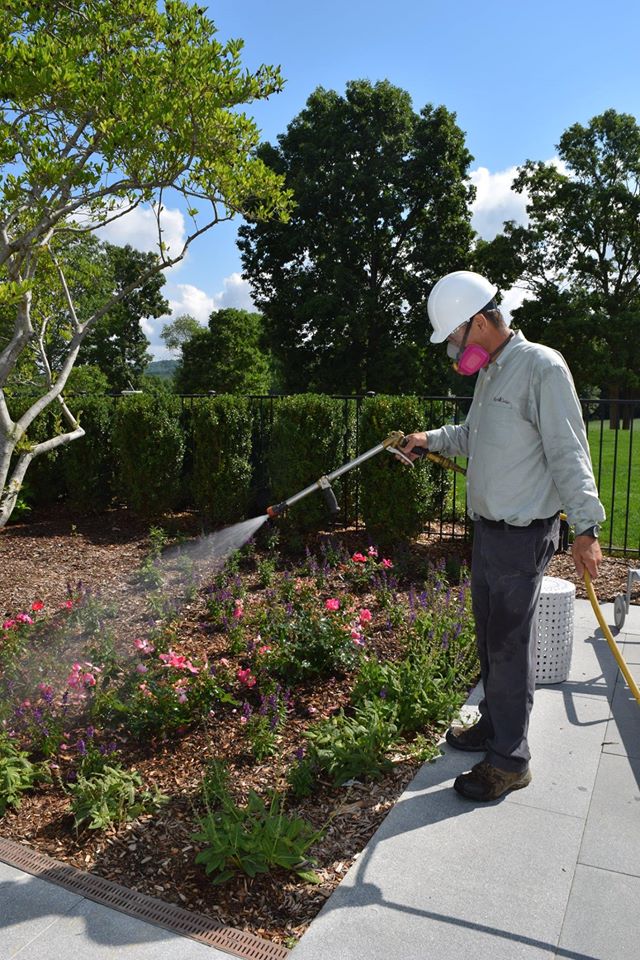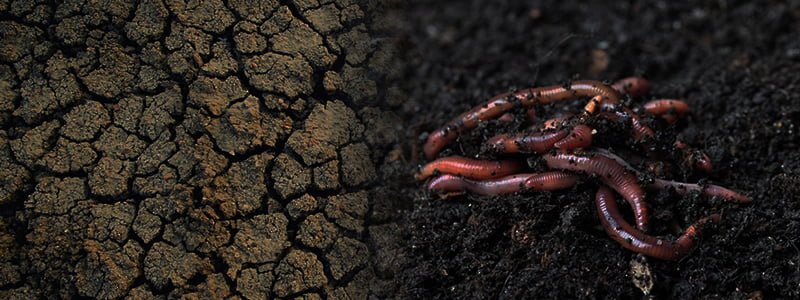The trees on your property survive and thrive in nature through the mineral nutrients they obtain specifically from their roots and soil. Nutrient dense soil, plenty of water, and natural interactions with wildlife help to stimulate the health of your trees. It may not be easy for an untrained eye to spot soil deficiencies, but there are some signs of healthy soil you should be on the lookout for.
- Generally, healthy soil will be darker, and moist.

- Crusty dry soil is usually a sign of a deficiency.
- If there is no sign of life within your tree’s soil (earthworms, animal and plant activity, fungi, etc.) this is probably an indication of insufficient nutrients.
If you suspect that your soil may be dry or deficient in any way, it is recommended to have a professional perform a soil test to first determine the problem. Once the problem is identified, we can set up a care plan to overcome your soil deficiencies. Fertilization is one way to combat nutrient deficiencies and to help reach the goal of a healthy root system.
The proper fertilization plan can help to not only overcome the obvious nutrient deficiency, but also potentially eliminate other deficiencies not so visible. However, over-fertilization, or fertilizing of trees that do not need fertilizing can create an unbalanced PH level which could be detrimental to your tree.
 Additionally, fertilization can also help to:
Additionally, fertilization can also help to:
- Increase growth, flowering and/or fruiting
- Increase the vitality of the tree or plant
The grass that covers the soil around the base of your tree may be contributing to your trees dry soil, or malnutrition because it is directly competing with the tree roots for available nutrients and water.
Aside from nutrient issues, another problem your soil may be experiencing is poor drainage. Plenty of water is key to healthy soil and thus a healthy tree, but waterlogged roots are a red flag indicating your drainage is off. Although you may be able to spot a flooded tree base, we can perform a drainage test to confirm if your tree is draining incorrectly, or if there is another issue.
If you suspect your tree isn’t getting enough water, compaction may be the cause of this. Compaction of soil reduces the pore space (macropores) in the soil which makes it significantly harder for water to get through the soil to the roots.
When it comes to examining your root health, this is a job best left to trained professionals. Roots are the transportation system for water, minerals, and nutrients found in the tree’s soil, making their job very important. Although as a homeowner you may not be able to identify root issues, there are some symptoms you may notice your trees displaying if the roots are under stress.
- Small yellow leaves
- A significant slowing down of growth
- Fungi growing under the bark
- Branches dying rapidly, typically starting at the tip and going inwards
If you are noticing one or more of these symptoms listed above your roots may be experiencing the following problems:
- Not having enough room to expand.
- Your trees may be too close together and therefore are competing for nutrients
- Your tree could be suffering from over-mulching or deep planting.
To combat over-mulching or deep planting, one of our trained arborists at Red Cedar can perform a root collar excavation to remove soil and mulch from against the trunk.
Soil and root management/care is extremely important in fixing and/or managing the health of the trees on your property. Think of it like a human’s diet and exercise. Your body can only be as healthy as what you put in it, and how you treat it. Caring for your trees’ soil helps to ensure that they are getting all the nutrients they need to survive and thrive. The right plant health care plan starts with an evaluation, and the right diagnosis. You can trust Red Cedar to not only provide you with a proper diagnosis, but also, the best solution for your unique situation.


